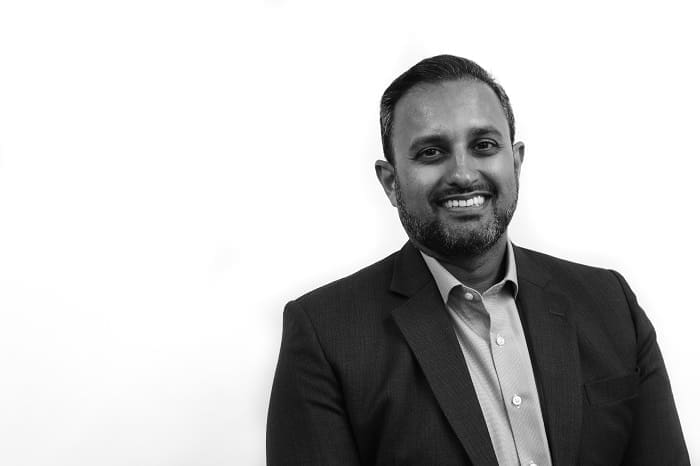Data auditing – the auditing of data, IT and analytics – is the way the profession is evolving, and with the skills shortage, it is the only way. Data analytics requires different skill sets, and to this end, in 2019, the Mazars data school was born from a vision to take unemployed graduates enrolled in the YES programme and train them to become data analysts and data scientists.
The YES programme is a joint initiative by the private sector and government and signifies huge progress towards assisting South Africa’s youth to gain work experience through employment placement. This initiative has been part of Mazars’ sustainability objectives and goals to drive meaningful change in its communities since 2019. Mazars’ participation in the programme has seen some of the youth involved grow from intern to full time employees.
Across the world, data science is one of the fastest-growing industries as more companies embrace the possibilities that Artificial Intelligence (AI) presents. The analysis of data assists various divisions in an organisation and helps them to better understand the markets and customers they serve. According to a global survey by McKinsey titled ‘The State of AI 2020’, companies who get the most value out of AI are also the ones who invest in AI-related talent such as data engineers and data architects.
Against the backdrop of a growing industry and the need for experts in this field, Mazars saw an opportunity to equip the next generation with the skills to carve a career in data science. The diverse nature of Mazars also allows candidates to explore other career options in accountancy, auditing and other financial services while attending the Mazars Data School.
While receiving specialised training at Mazars, candidates will also gain experience in IT audit. They will also get the opportunity to assist a wide range of divisions within Mazars. Ultimately, the desired outcome of this programme is to empower candidates with the skills to work as data experts in any industry they wish to work in. Where possible, Mazars will try to retain candidates within the company or refer candidates to clients.
The coursework and curriculum
The data analysts will complete courses in Microsoft SQL, Azure and Power BI among others. The data scientists will receive training in Python, Microsoft SQL, PostgreSQL, Azure and Kafka to name a few. Each respective training block will conclude with an exam by Microsoft and will allow candidates the opportunity to obtain Microsoft Certification.
While students will be trained to become data analysts and data scientists, they will also be exposed to a multitude of divisions within Mazars such as External Audit, Internal Audit, Forensics, Taxation and Corporate Finance. Since Mazars is an auditing firm, students will be given an overview of accounting and auditing to help them better understand the industry. They will then go on to focus on courses in IT Audit, data analytics and data science.
The types of cutting-edge technology in auditing that students are exposed to in the curriculum include various data interrogation tools such as ACL, Microsoft SQL, Mazars’ in-house ETL tool, SSIS; while from a data reporting perspective, they are Power BI and Python. These tools, when combined with Mazars’ bespoke Data Analytics Methodology (MADAM), provide a powerful, agile, innovative and customer-centric solution.
As a result of this outstanding work in creating the Data School, Mazars in South Africa recently received a special award in the category of Innovation at the global Mazars Partners conference in Spain, selected from over 90 countries in the group.
It is immensely gratifying to have the South African initiative selected for the special award and voted for by the Global Executive Board as demonstrating Mazars commitment to community-enhancing projects.
In addition to this award, the South African firm also won a Business Wins award for its work with Pan African clients.
The school started on a small scale, but every business should be taking responsibility in some way. If every business was doing its share to match cutting-edge technology with youth unemployment, then we could make some headway as a country in drastically reducing the high unemployment rate. The objective is to equip youth with a highly marketable skill which all companies in the post-Covid world would need to stay competitive.
- Anoop Ninan, Co-CEO of Mazars in South Africa
